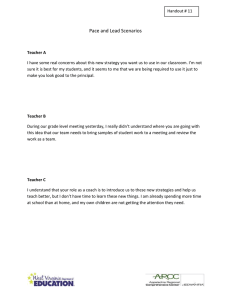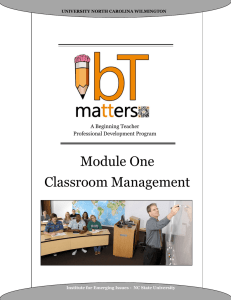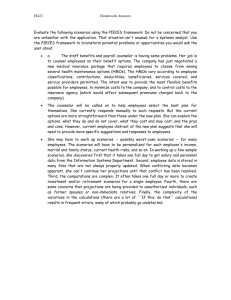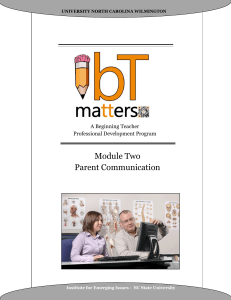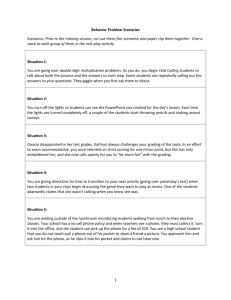l? fu e s
advertisement
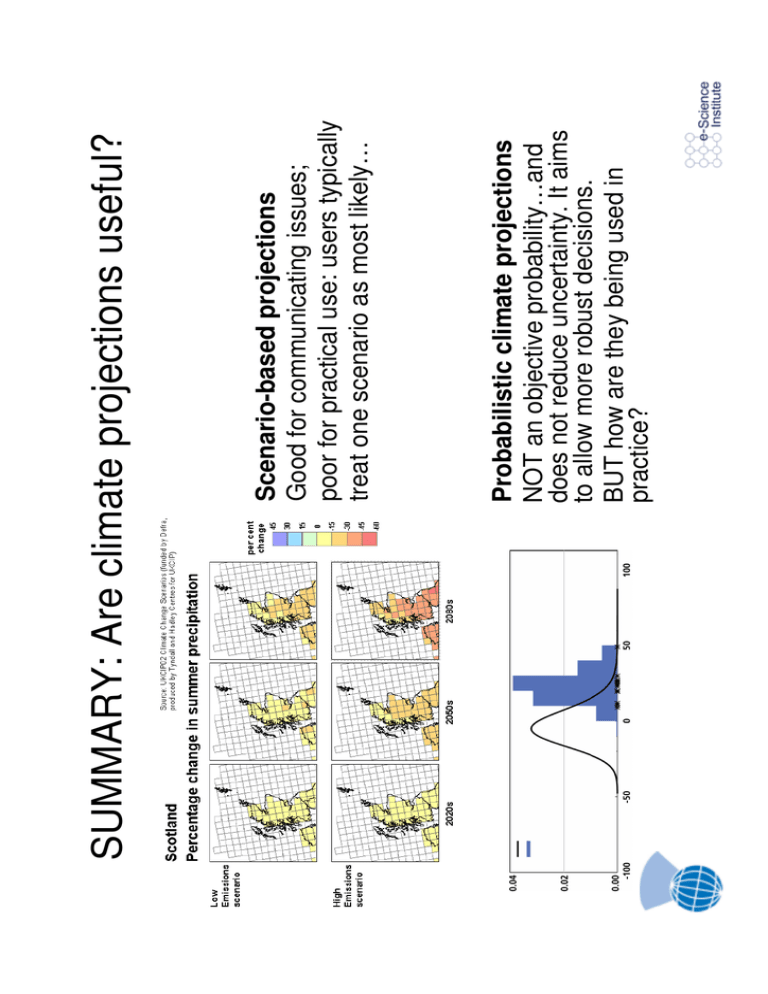
Probabilistic climate projections NOT an objective probability…and does not reduce uncertainty. It aims to allow more robust decisions. BUT how are they being used in practice? Scenario-based projections Good for communicating issues; poor for practical use: users typically treat one scenario as most likely… SUMMARY: Are climate projections useful? • Broader stakeholder engagement…you are here! • See previous survey… • Does your organisation better understand future risk/resilience? • Over to you…! • Can we evaluate it? Learning success • • • • Over to you…! Can we evaluate it? What would you regard as successful decisions? Are we building resilience in Scotland? Decision success – 1961-90 to 1978-2007: CET warming faster than represented in UK climate scenarios. Ppt: “scenarios have correctly represented the sign of the observed change for most of the period”…but a lot of ambiguity about summer precipitation – E.g. UKCIP98: 4 scenarios. Actual climate over past decade was within projected scenario range, so scenario family was “accurate”, but no individual scenario was necessarily “accurate” • Assumes scenarios are a “product” • Assumes scenarios can say something quantitative about the future Predictive success Hulme & Dessai (2008) • Have scenarios enabled participation & learning? Learning success • Have “good” decisions been made? Decision success • Has the future turned out as envisaged? Predictive success Are UKCP09 successful? • Building robust responses to unknown futures… • Organisational contexts for using scenarios… – Boundary ordering devices – Spheres of co-production of knowledge • Stabilise interactions between very different communities (e.g. climate science & resource managers) • Generate shared understanding • Serve to build networks of individuals Scenarios as social processes – Possible trajectories that allow us to achieve that future • Back-casting: from a preferred future to now – Attempt to capture full range of possible futures, rather than identify the most likely outcome • Robust decision making – Rely on quantified relationships based on past trends/data – Attempt to overcome limitations of purely quantitative models – Create “narrative+quantitative” outputs • Forecasting scenarios Decision-support tools * Pulver & van der Veer (2007): Brown University workshop • This distinction helps us understand how users might use the UKCP09 scenarios and whether we can determine their success • Scenarios can be understood either as “decision support tools” or as “social processes”* • Scenarios originally developed to aid strategic thinking & decision-making…not aiming to “predict the future…” How do we use scenarios? UKCP09 Scottish User Community – 1st Meeting How do we maximise the benefit of UKCP09 scenarios?
